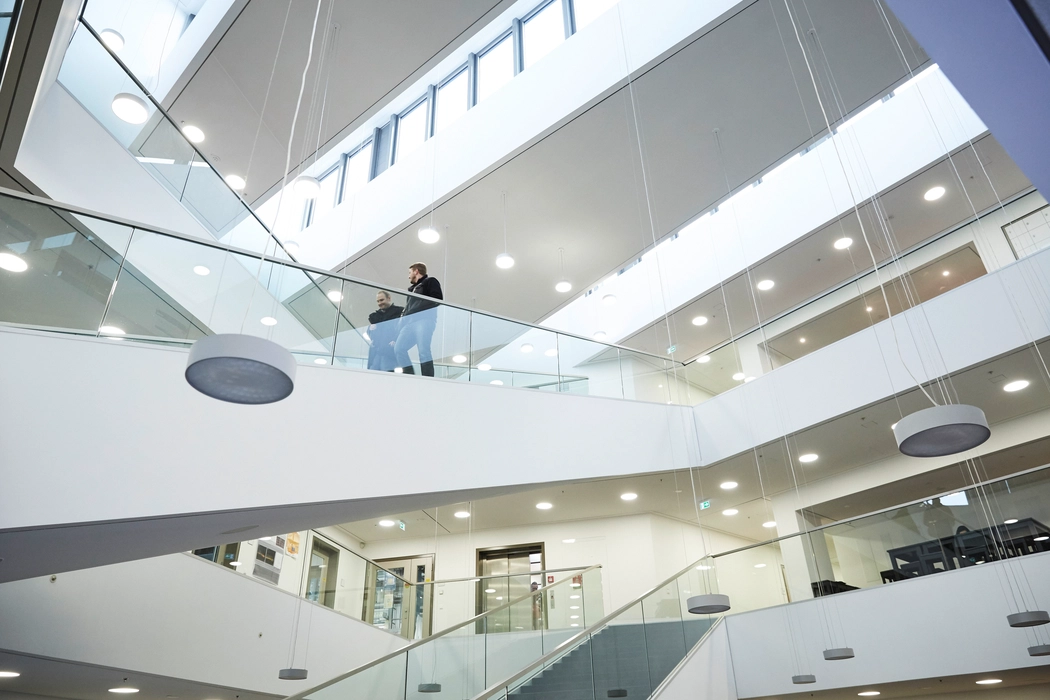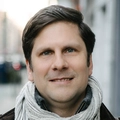How Are Different Transcripts in Our Genome Translated Into Proteins?
DOI:
https://doi.org/10.21036/LTPUB10588Researcher
Uwe Ohler is Professor of Biology at the Max Delbrück Center in Berlin and Professor of Computer Science at Humboldt University Berlin. He is also Adjunct Associate Professor of Biostatistics and Bioinformatics at Duke University Medical School. Some of his previous affiliations include the University of California at Berkeley and the Massachusetts Institute of Technology. His research interests include computational biology, machine learning for modeling and classification of genomic data, and the identification of non-coding RNAs and their targets. Since 2011, he has been Deputy and Senior Editor of PLoS Computational Biology. He has received several fellowships and awards, including the Alfred P. Sloan Fellowship and the NSF Career Award.

Original Publication
Integrative Classification of Human Coding and Noncoding Genes through RNA Metabolism Profiles
Neelanjan Mukherjee,
Lorenzo Calviello,
Antje Hirsekorn,
Stefano de Pretis,
Mattia Pelizzola,
Published in
Detecting Actively Translated Open Reading Frames in Ribosome Profiling Data
Lorenzo Calviello,
Neelanjan Mukherjee,
Emanuel Wyler,
Henrik Zauber,
Antje Hirsekorn,
Published in
Citation
Uwe Ohler,
Latest Thinking,
How Are Different Transcripts in Our Genome Translated Into Proteins?,
https://doi.org/10.21036/LTPUB10588,
Credits:
© Uwe Ohler
and Latest Thinking
This work is licensed under CC-BY 4.0
